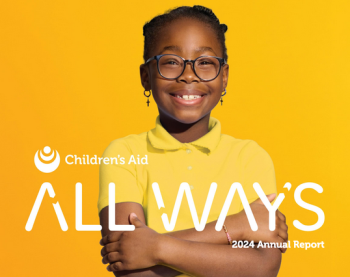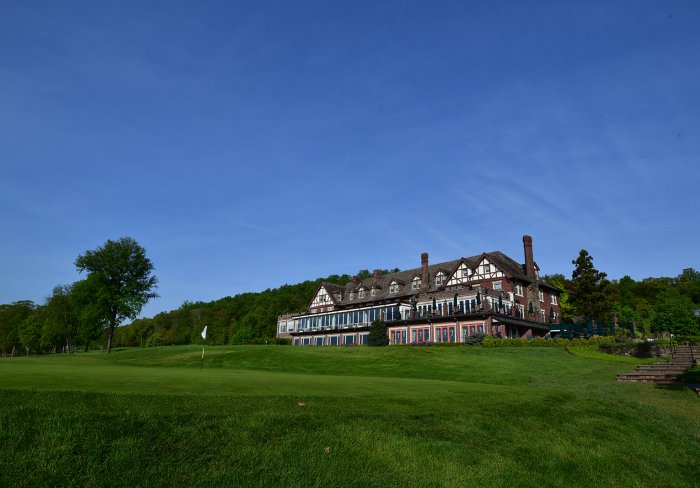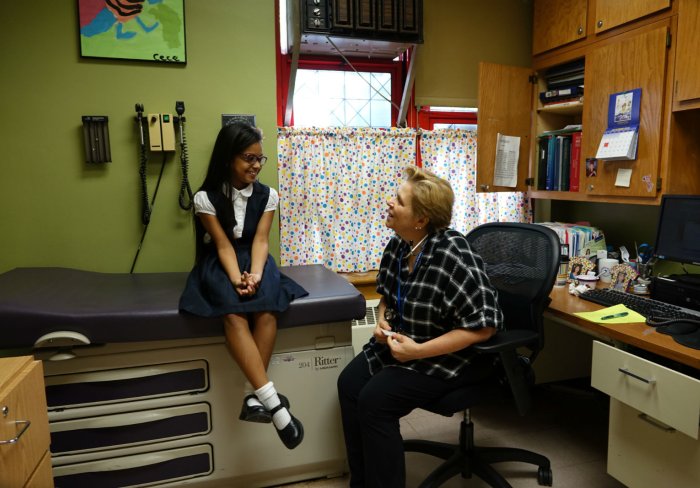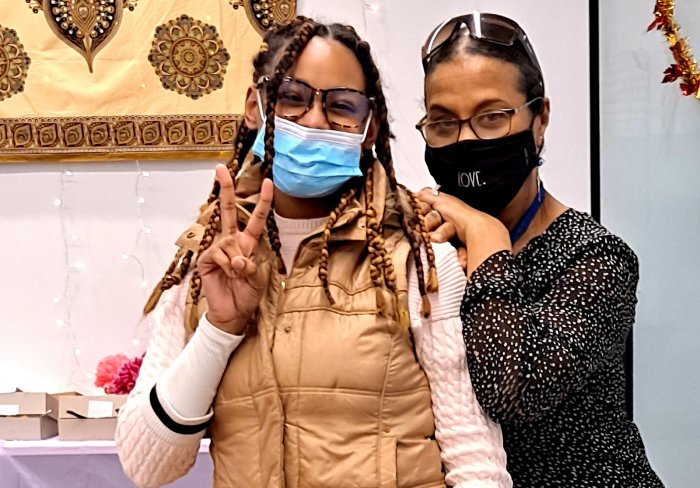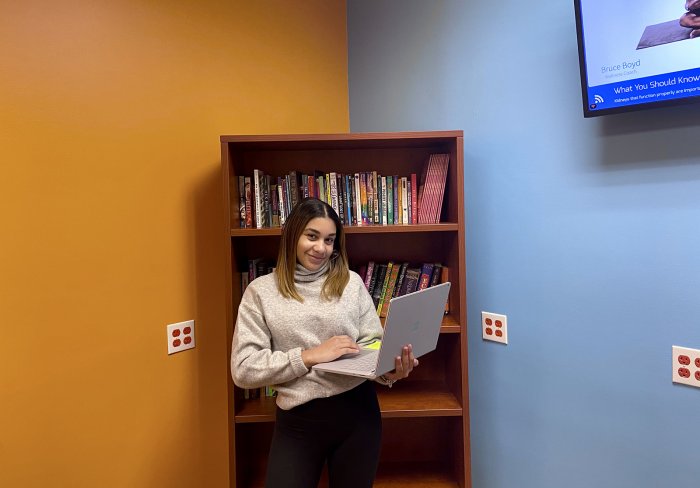When Robin Fleshman came home from school, her mother, Susie, made sure that her daughter’s education didn’t stop in the classroom.
Starting in elementary school, Robin and her siblings received additional instruction in a topic of Susie’s choosing – science, math, art, and more. They also learned skills like sewing and playing several musical instruments.
“She would watch each of us and take notes to see who gravitated toward what subject, and she would cultivate that,” Robin said. “As a young child I loved science, so my parents got me my first chemistry kit and rock identification kit.”
Robin’s love of science never waned. In high school, she decided to become a doctor. She attended Old Dominion University and majored in biology and secondary education. But a tragedy after graduation made her rethink her career path.
Robin’s younger brother, who she referred to as her twin, passed away right after she graduated. The loss was devastating, and she decided to forego medical school and use her education degree to pursue teaching.
“Ever since I was young, I used to gather all my friends and siblings in one of our rooms – my parents bought me a chalk board – and I was constantly teaching them,” she said. “It just felt natural.”
Robin taught biology and earth science in middle schools and high schools in Lower Manhattan for seven years. She was later promoted to a science staff developer. In her role, she coached science teachers to make sure their content was “rigorous and culturally relevant.”
In 2004, Robin began her career at Children’s Aid as the community school director for CS 61 and I.S. 190 in the Bronx. Two years later, she was promoted to deputy division director of community schools in the Bronx, where she oversaw a total of 14 community schools.
On top of her demanding role, Robin also found the time to get a Ph.D. in science education in 2017. One year later, she took on a new position as principal for the Children’s Aid College Prep Charter School in the Bronx.
Her experience as a woman of color in science has informed her approach to science at her school, where she strives to make sure that young girls have full and equal access to a robust science education and career paths in STEM.
“Science generates the solutions for everyday life and really helps us to answer some of those things that seem like mysteries in the universe,” she said. “I think it is critical that we see a diversity of men and women in the fields of science, tech, and math.”
Robin recalls being one of the only women in her science classes at Old Dominion University and at New York University, where she received her master’s degree.
“I can recall being in my science classes and not really seeing a lot of women, and particularly women of color, represented in those spaces and feeling isolated,” she said. “I remember seeing other students forming study groups and not having that opportunity. Professors didn’t always treat you as if you belong there.”
In her first year as principal, Robin established a partnership with IBM to introduce 8th grade female students to women working in STEM. At least once a month, employees at IBM’s accounting and technology departments would spend the entire day working on activities that connected a specific subject to their careers.
During one-on-one mentoring sessions, students learned how their mentors built their successful careers starting from high school and beyond. Though this program was paused during the pandemic, these mentoring sessions will begin again virtually.
Robin has made it her mission to build a science program that rejects rote memorization and encourages students to view science as a subject that can help them answer some of life’s most interesting questions.
She has hired Dr. Denise Marcia Mahfood, a fellow Columbia University graduate, to build a custom curriculum.
“She works diligently with our science teachers to build up a robust, engaging, rigorous science program,” Robin said. Denise is also working with the Children’s Aid College Prep elementary school to make sure students begin an engaging science education early.
“Science is one of the most important channels of knowledge,” Robin said. “Science, tech and math – all of these drive innovation in a society. I think that we still have to fight for equal representation not only for women, but also representation from different cultures.
